Why Is VPN So Expensive? [Deep Dive + Examples]
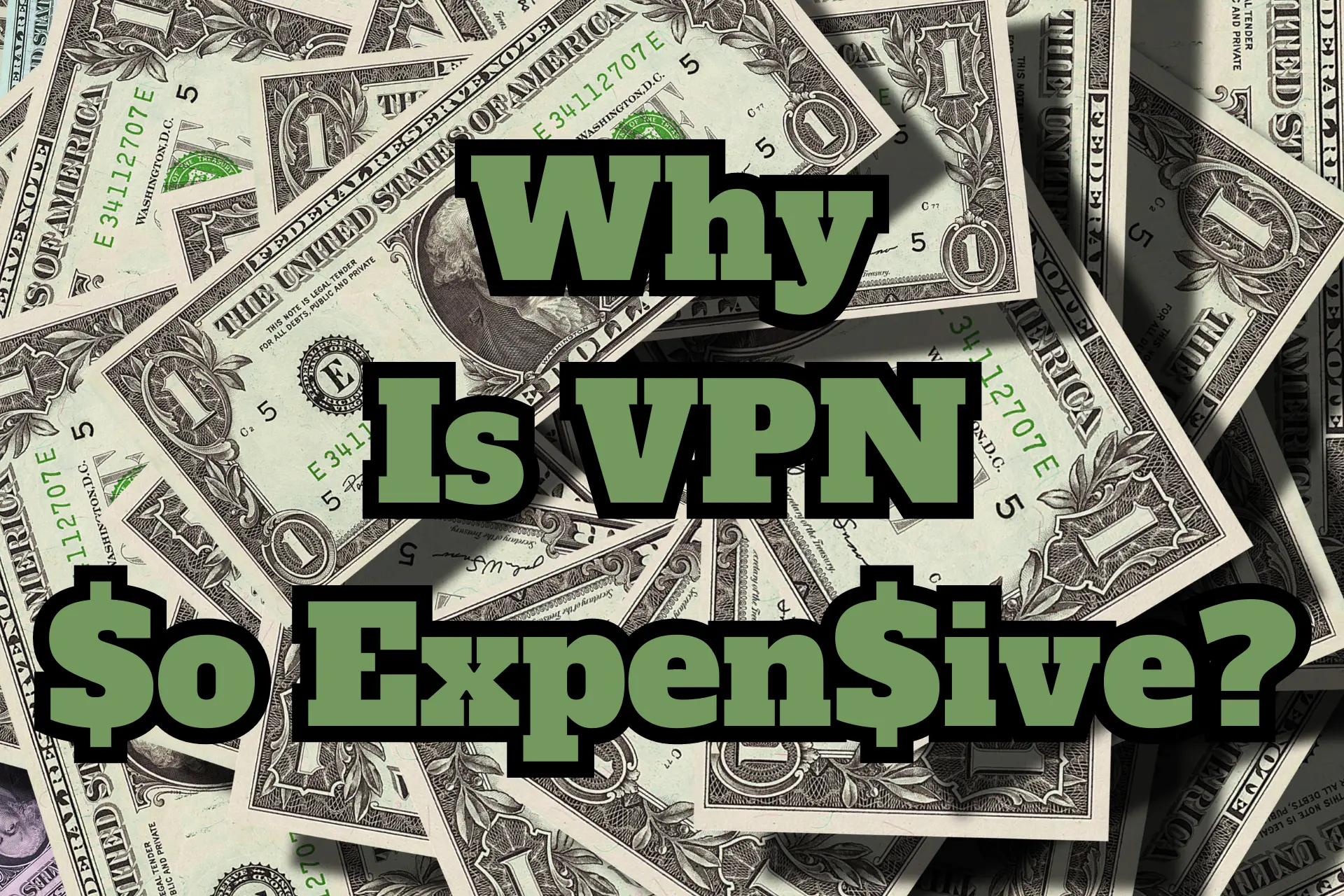
What is the cost of internet freedom?
$44.6 billion.
That’s the size of the VPN market globally in 2022. At a compound annual growth rate of 15.3%, it’s on pace to exceed $77 billion in 2026.
The average VPN subscription fee is $10 a month. However, you might have to pay double that amount to get all the bells and whistles.
Forking over anywhere from $120 to $240 a year can be a steep price for online anonymity.
Is it justified?
Let’s find out!
Why is VPN so expensive?
VPN fees can be so expensive because it’s hard to keep the lights on in this business without getting your hands dirty.
Your internet traffic data is a valuable commodity. So, it’s always tempting for tech companies to exploit it even at your expense.
That’s why charging money to cover their costs and turn a profit is the price honest vendors have to pay for doing what’s legal, ethical, and moral.
Now to another interesting question: what bills do VPN service providers deal with?
How much does it cost to run a VPN service?
It can cost a lot of money to run a VPN service. But it’s difficult to accurately measure just how much capital a vendor must have to operate it over time before it becomes profitable.
Most VPN service providers haven’t gone public, so they’re generally not transparent about their finances. On the other hand, those that are publicly traded are actually cybersecurity firms that sell a wide variety of products.
For this reason, a VPN could just be a division of a bigger multinational tech corporation, which piggybacks on the resources of its parent organization.
Also, it’s not uncommon for one entity to have multiple VPNs on its portfolio. Sister brands may operate independently on paper, but it’s not always clear what company resources they really share.
To keep it simple, here’s a list of the main ongoing expenses of a VPN operation:
- Colocation
- Office rent
- Payroll
- Marketing
Using NordVPN, owned by the Lithuanian unicorn Nord Security, as an example, let’s throw more light on each of these overheads.
Server colocation
VPN vendors work with data centers in different countries and territories to house or lease their hardware. The factors that can affect server colocation prices include:
- Location
- Hardware lease
- Rack space (U)
- Bandwidth
- Internet connectivity
- Power
- Security and compliance
- Disaster recovery
According to Atlanta-based Digital Service Consultants, the average monthly colocation fee in the US in 2019 ranged from $45 to $300 per U per month.
NordVPN first announced that it had started storing and maintaining its own servers in third-party data centers across the world in October 2020. So, it may still be renting hardware and paying some of its colocation partners in dozens of cities.
Office rent
Rent is another factor that makes a VPN expensive. In Panama City where NordVPN is headquartered, renting a 1,355–square feet commercial space could cost more than $2,260 a month.
Payroll
According to Crunchbase, NordVPN is 250-people strong.
But the company only has 56 employee profiles on ZoomInfo, as of this writing, including the titles Software Engineer, Communications Director, Affiliate Marketing Manager, and Public Relations Manager.
As per Salary Explorer, the average annual salaries (including benefits such as housing and transportation) for these roles in Panama are as follows:
- Software engineer – 23,000 PAB ($23,008.83)
- Affiliate marketing manager – 25,800 PAB ($25,809.91)
- Communications director – 34,000 PAB ($34,013.06)
- Public relations manager – 36,600 PAB ($36,614.05)
If NordVPN has remote employees in the US and other advanced economies, it may be paying them more. PayScale data reveals that the average base salary of professionals that list VPN as a skill earn $89,000 a year.
In fact, Senior Network Engineers can take home up to $152,000 annually.
As far as C-level positions go, CEOs of small businesses like NordVPN usually pocket six figures, around the low end of the 200,000s.
Marketing
Like most VPNs, NordVPN spends an insane amount of money on marketing.
It aggressively advertises its brand to be top of mind and keeps a beautifully designed site. But affiliate payouts must be accounting for the lion’s share of its expenses.
NordVPN offers lifetime revenue sharing to anyone who sends paying users its way. Here’s how much it’s paying its affiliates:
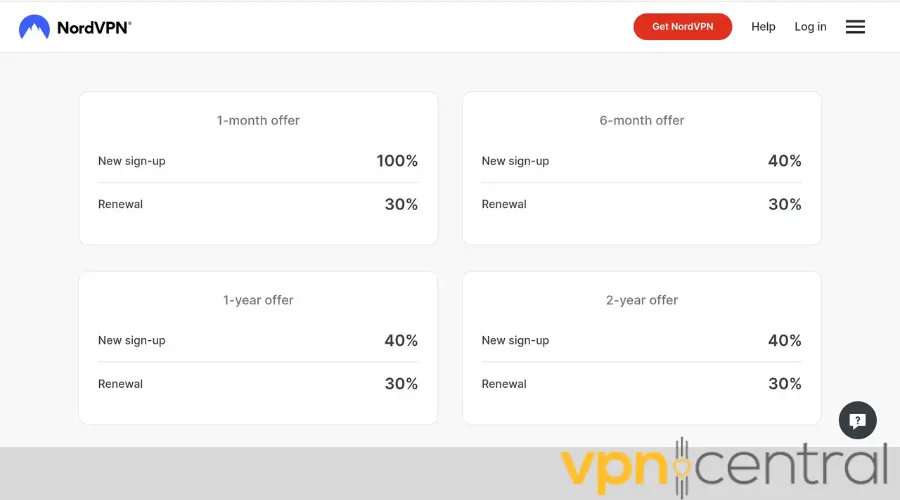
Based on these commission rates, 0% to 60% of the initial payment of new subscribers goes to NordVPN’s coffers. And when they renew, the company only keeps 70% of the pie.
Considering how expensive it can be to run a VPN operation, you might wonder how providers of free services stay in business.
How do free VPNs make money?
Free VPNs make money in a variety of ways.
However, most of them are dodgy.
To have a positive cash flow without charging a single penny, a VPN vendor may:
Monetize convenience
Some VPN companies offer a free alternative to their premium subscriptions. An excellent case in point is TunnelBear.
If you don’t find its massive signup discount enticing enough, at least you can give it a whirl until you max out its data usage cap.
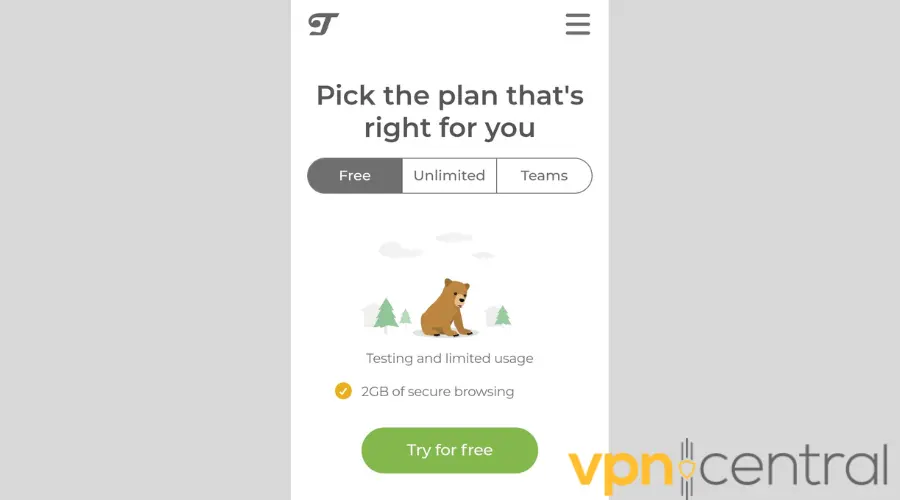
TunnelBear knows that data usage restrictions are annoying. And it hopes to deprive you to the point that you buy a subscription just to experience it in its full glory.
Freemium VPN service providers aren’t the only ones that capitalize on inconvenience to compel you to bring out your credit card. Those that resort to free trials share the same ultimate goal too.
Display ads
Many VPN companies live off sponsorships. They maximize the limited real estate of their apps to display ads from their partner brands. They can come in different formats and are usually intrusive.
Sonics VPN is Exhibit A:
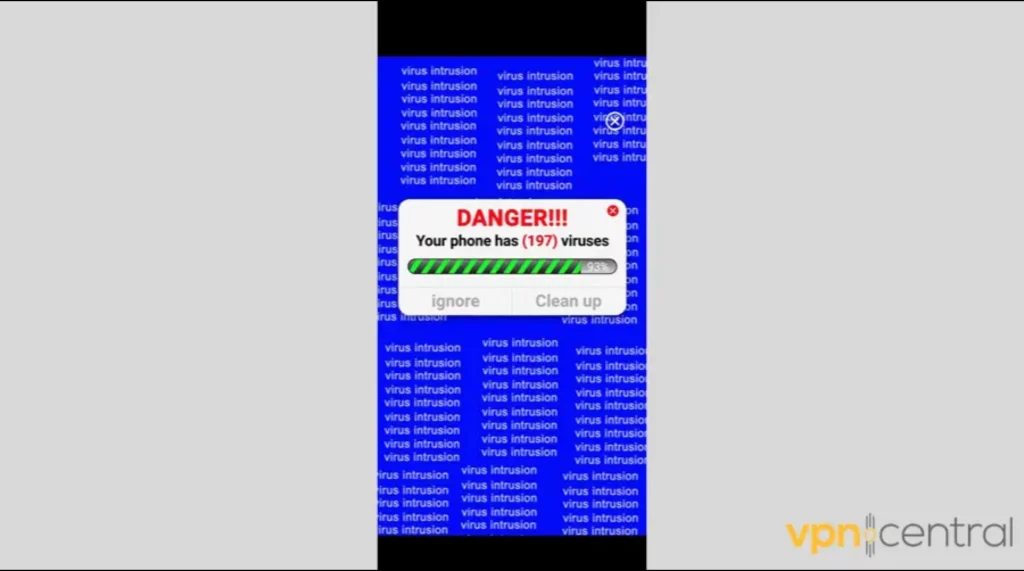
Conversely, this is how SuperVPN goes about it:
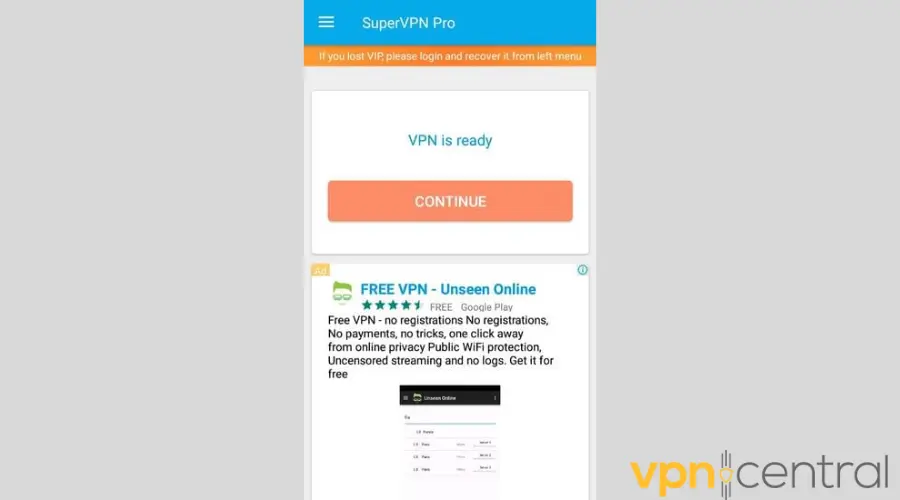
Ad-sponsored VPNs aren’t malicious per se. But realize that advertisers who truly want to get their money’s worth would want to target the right consumers.
Marketers can’t offer you what you really want without knowing enough about your online activity. So, there’s always a chance that free VPN vendors would track you for the benefit of their sponsors.
That’s exactly what put Hotspot Shield in hot water in 2017.
If a VPN company practices this, it will normally disclose the logs it keeps and what it does with them in its privacy policy. You might miss it if you don’t read the fine print, though.
Moreover, VPN advertisers could be phishers whose real objective is to steal from you one way or another. If threat actors could abuse Google Ads, they would treat free VPNs as their playground too.
Collect and sell your data
There’s a saying: if you’re not paying, you’re the product.
That’s exactly how many free VPN service providers see you. They keep a record of certain information of yours and put it on the market.
Urban VPN is the poster child for a privacy company that considers user data collection its bread and butter.
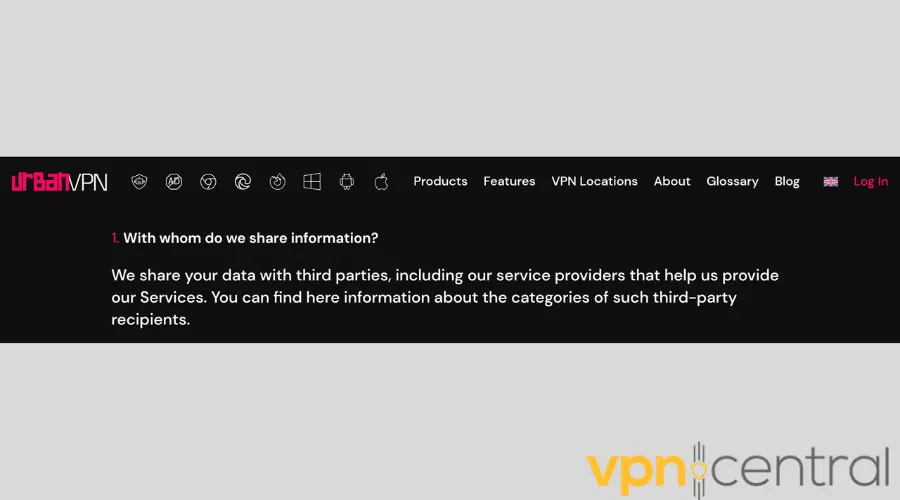
Among its quote, unquote, “business partners” are data analytics companies.
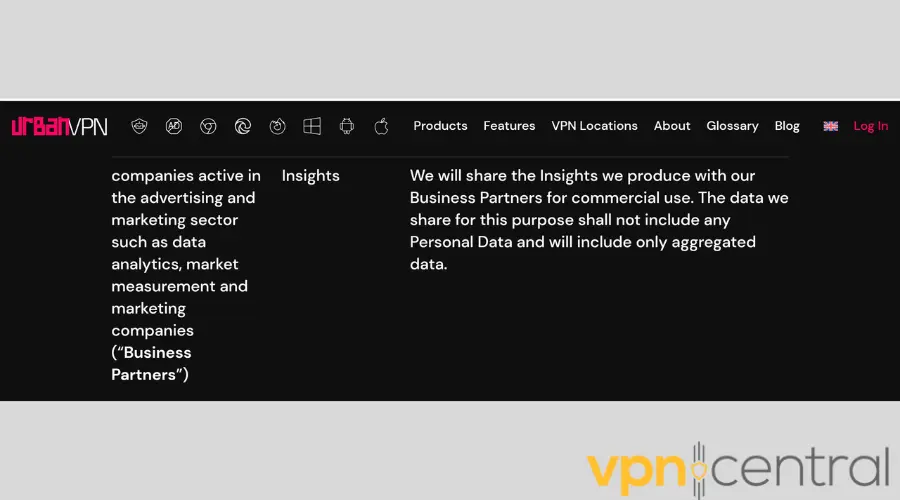
Although it claims that it only sells data anonymously, your IP address is one of the pieces of information it gathers.
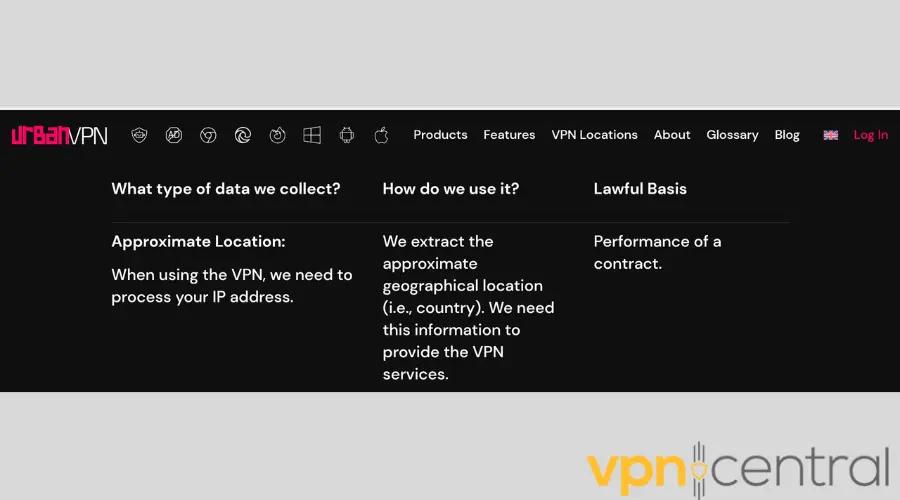
Your IP can reveal a ton of information about you, which is why hackers would take every chance they get to grab it.
Let paying subscribers use your resources
More sinister vendors turn free VPN users into abundant sources of bandwidth to fuel botnet attacks.
This is the modus operandi of Hola.
It sells the idle resources of its free users to the premium subscribers of the commercial VPN Luminati. 8chan founder Fredrick Brennan exposed this unholy alliance. He said that a hacker paralyzed his site using the Luminati network powered by Hola user devices.
Hijacking IPs to execute ad fraud is another profitable scheme of nefarious free VPN services. In 2023, the IAS Threat Lab busted Oko VPN for residential proxying.
Spy for Big Tech
Some tech titans fund free VPNs to do their bidding.
Perhaps there’s no more scandalous example than Onavo. Before it went offline in 2019, this spyware helped Mark Zuckerberg and Co. monitor people’s online activity outside of the Facebook ecosystem.
Are free VPNs worth it?
Free VPNs are worth it, provided that they make money honestly. For this reason, your safest bets are those offered by vendors that also sell premium subscriptions.
To browse the internet anonymously and encrypt your traffic, you may be able to get by with a free-forever plan that has limited features, speed constraints, and/or data caps.
To play games, stream content, and/or share files over a P2P network, you may find a trial version with full VPN functionality more suitable.
Our top picks are as follows:
| VPNs with a restricted free version | VPNs with a free trial |
| Hide.me | CyberGhost |
| PrivadoVPN | ExpressVPN |
| TunnelBear | NordVPN |
| Windscribe | Private Internet Access (PIA) |
| Surfshark VPN |
When your prospective free VPN is ad-sponsored, think twice before creating an account.
When it monitors your activity for the benefit of businesses in the marketing industry, use it at your own risk. If you think about it, any company that tracks what you do online and shares its findings with its dubious partners is not a legit internet privacy and cyber security provider.
Also, it should go without saying that you should steer clear of free VPN services that want to sell your own resources like IP and bandwidth. Being owned or controlled by Big Tech is another warning sign.
In other words, stay away from the free VPNs found guilty of any of the red flags we discussed earlier, including Hola and Urban VPN. SuperVPN deserves special mention because it’s extremely malicious and a lousy custodian of data logs.
Is it worth paying (so much) for a VPN?
Paying for an expensive VPN can be worth it, but you shouldn’t overspend.
Some vendors use a tiered pricing model; the more you pay, the more functionalities you can access. So if you don’t need advanced capabilities and extras, it won’t make sense to buy the costliest option.
For starters, the most important features every decent VPN service has are:
- Expansive global network of thousands of servers
- High concentrations of hardware in popular markets like the US
- Native apps for major desktop and mobile operating systems
- Dedicated extensions for popular browsers
- Router support
- Fast, secure tunneling protocols
- Unlimited server switching
- Unlimited bandwidth
- 10Gbps servers
- Kill switch
- RAM-only data storage
- No nonsense no-logs policy
- Independently audited privacy and security claims
- At least five simultaneous device connections
If these basic features are enough to satisfy your needs, don’t waste your cash on bells and whistles.
But when the VPN you like only sells multiple subscription options of a single plan, strongly consider paying on a monthly basis.
If you’re not ready to commit long-term, a short subscription will minimize your risk.
It won’t entitle you to a huge discount, but you won’t have to pay a large sum upfront either. In case you feel buyer’s remorse, you can ask for a refund at best and lose a small amount of cash at worst.
Some of the services that never disappoint are CyberGhost, ExpressVPN, NordVPN, PIA, and Surfshark. If you go with any of these blue-chip options, expect to get what you pay for.
Summary
So, why is VPN so expensive?
It’s because operating one isn’t cheap. Although free options abound, you should avoid most of them like the plague; they’d either spy on you or implicate you in cyber crimes.
It’s a bummer that you have to budget for a regular subscription just to protect your online privacy and security.
But you can minimize your expense with a reasonably priced service with decent features.
Read our disclosure page to find out how can you help VPNCentral sustain the editorial team Read more


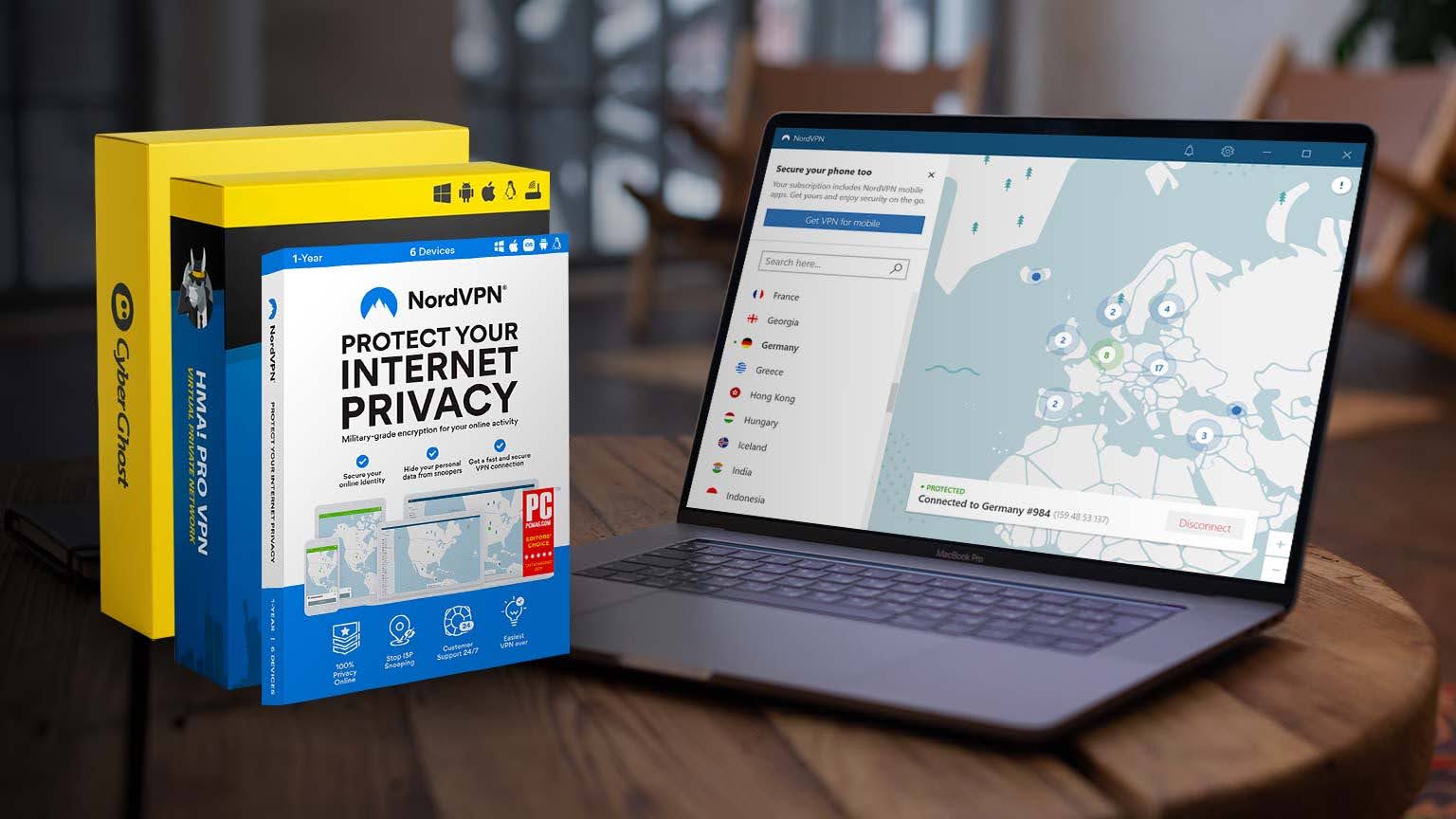
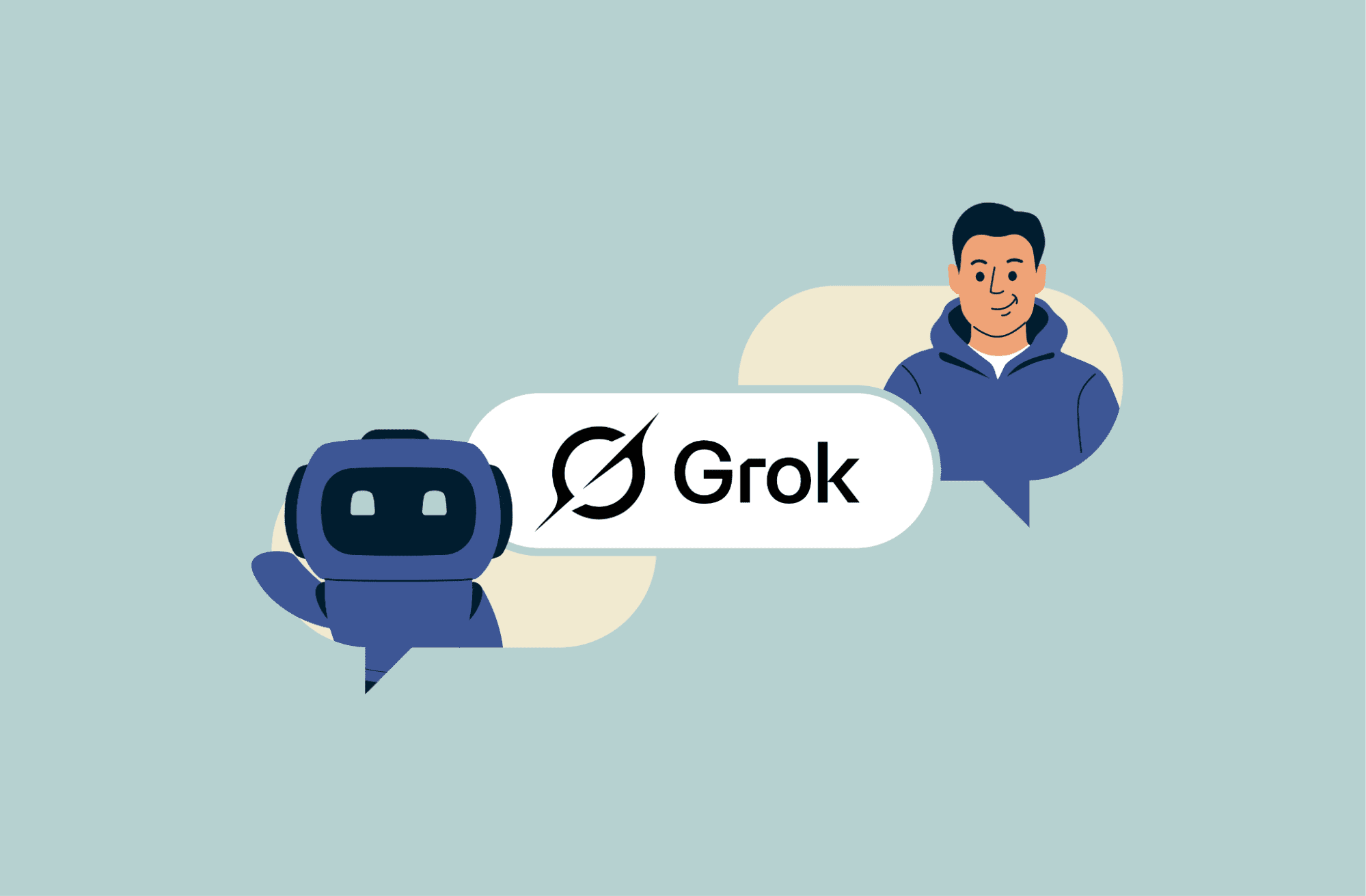
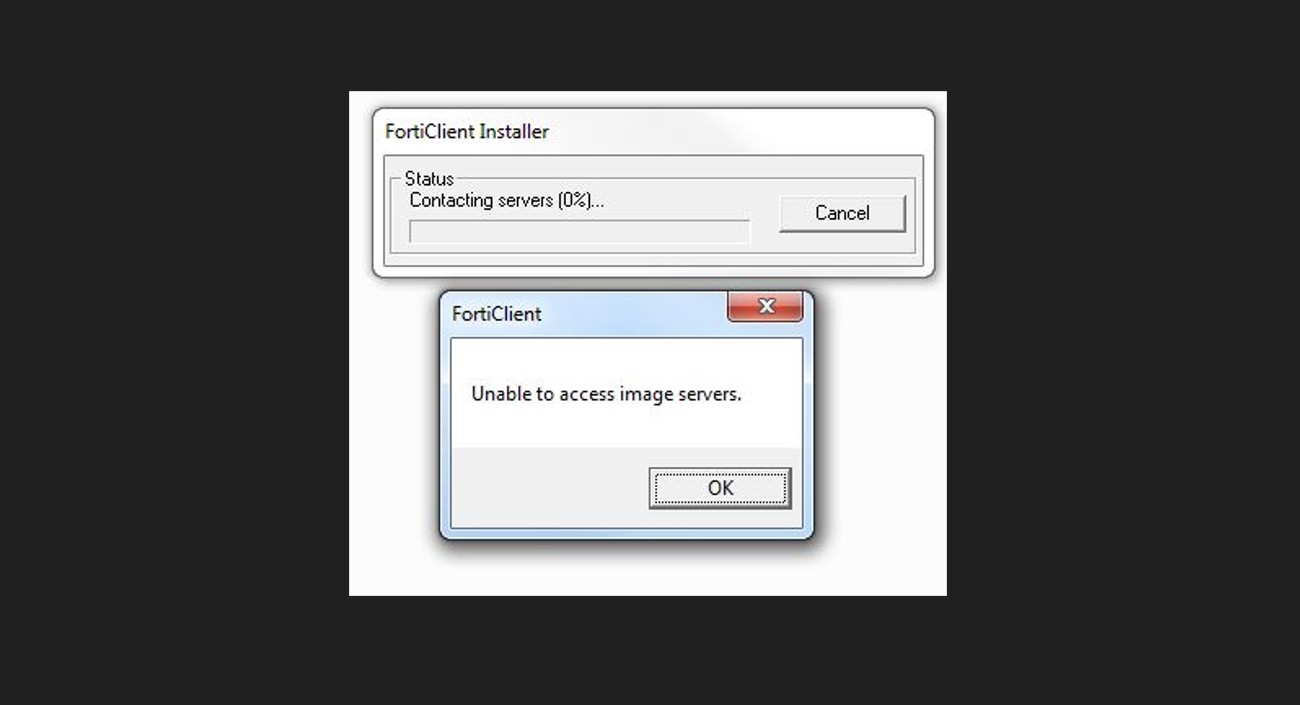
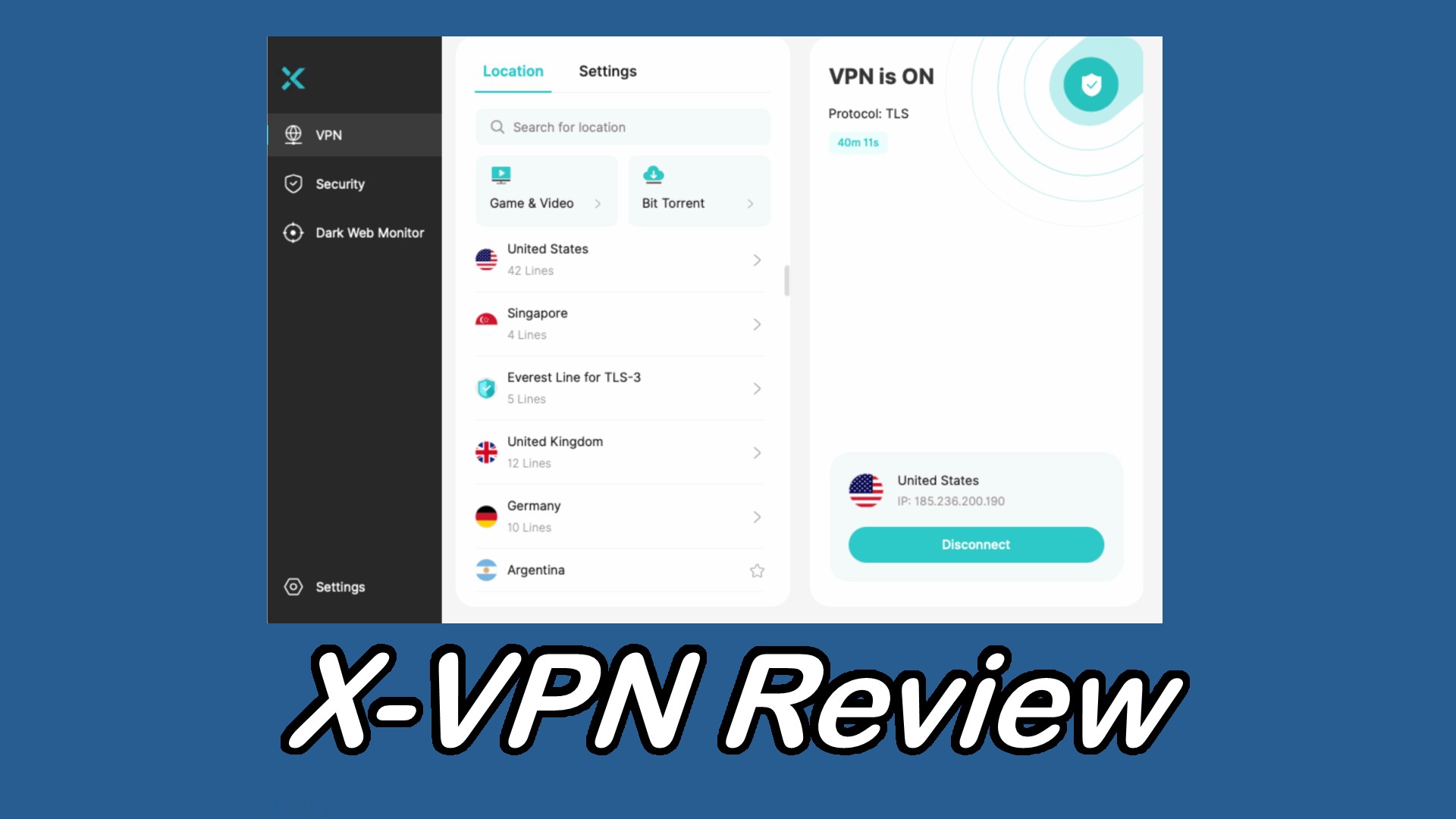
User forum
0 messages